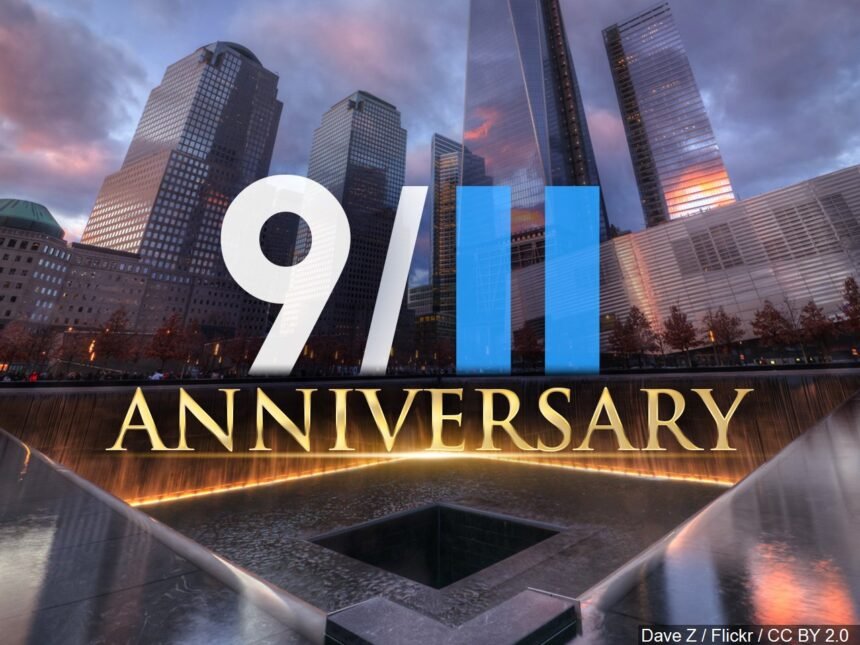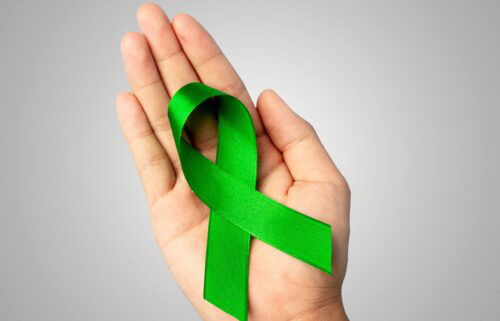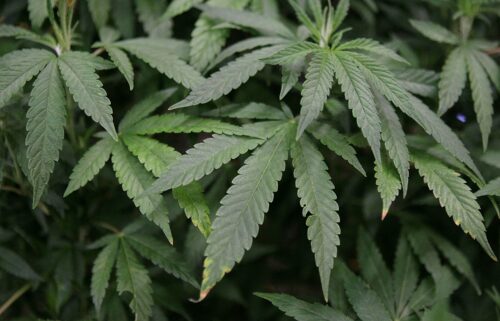9/11 and Covid-19: 2 mass trauma events with different recovery challenges

Kate Colbert was first diagnosed with Covid-19 in late March, and she’s been fighting both physical symptoms and emotional trauma ever since.
Calling a radiology department to follow up on her doctor’s order to get an emergency angiogram in May, she started sobbing when the receptionist said she could not schedule the procedure until she tested negative for Covid.
“I broke down in tears and pleaded, ‘I don’t deserve to die at home just because you don’t have a protocol,'” said Colbert, a marketing consultant and business book author in Kenosha, Wisconsin. “I’ve never felt so abandoned.”
People won’t visit her home. “I’m 170 days out from contracting Covid and people still treat me like I have the plague,” said Colbert, who is recovering but still suffering lingering effects of the virus. “Since March, only my mom, my friend Sara and one repairman have come inside my home.”
The coronavirus pandemic may be the most significant mass trauma event of the decade, and it’s drawing parallels with another significant trauma — the September 11, 2001, attacks. The events of 9/11 have much to teach us about the impact of trauma.
Does trauma impact us in the same way regardless of its source? Will our recovery journey be the same? What causes some trauma to forge human connection while other trauma destroys it?
What 9/11 can teach us about current challenges
Mass trauma can create a prolonged state of “chronic threat response” — the continued state of being in a hyper-aroused survival mode. About 20% of those in the World Trade Center Health Registry reported new symptoms of post-traumatic stress disorder five to six years after 9/11.
Trauma’s impact can also persist for many years, even decades. Fifteen years out, in a sample of 36,897 exposed rescue/recovery workers and community members in the WTC Health Registry, 14.2% of rescue workers and 15.3% of community members reported post-traumatic stress disorder and depression.
Jonathan Morris, 62, a US Army staff sergeant at the time, was the noncommissioned officer in charge of the emergency department at Walter Reed National Military Medical Center in Bethesda, Maryland, during 9/11. He lost two colleagues in the Pentagon attacks — Army Lt. General Timothy Maude and Army Lt. Col. Karen Wagner, who was killed on her first day of work at the Pentagon.
“It’s been nearly 20 years and I still think about the friends and colleagues I’ve lost every day,” Morris said.
The impact of trauma often ebbs and flows over time, and help is not always there when needed. Over one-quarter of those with PTSD or depression reported unmet needs for mental health care in the preceding year.
Morris is taking a proactive approach. “Since this time of year is especially hard for all of us, I have been reaching out and doing ‘buddy checks’ on others who were impacted like I was by 9/11. I don’t want to lose any more friends to suicide.”
People lose friends after exposure to trauma
The period just after traumatic loss is painful, overwhelming and tumultuous. In the wake of a tragedy, many survivors discover that family and friends are not as supportive as they’d hoped — or not supportive at all.
Sometimes people are OK, and sometimes they’re not: Trauma creates ambiguity that can make recovery challenging.
“People want to tie things up in a neat little bow — ‘Are you sick or are you not sick?'” Colbert said. “‘Do I send you a card, or can I take you off my prayer list now?’ The aftermath of trauma clarifies who is in your tribe, and this clarity can bring additional grief. If you contract Covid, your most enduring challenge may be loneliness.
Recovery course for 2 trauma events can be very different
It can be harder to do nothing than to do something really hard. With both 9/11 and the London bombings, “carrying on” was a form of healthy defiance. During the London bombings, morale was highest in some of the most badly hit parts of London.
In contrast, Covid silently and ruthlessly divides and conquers, sowing helplessness, mutual distrust and crippling fear. Prolonged social isolation may be as dangerous as the virus for some Americans.
And PTSD is likely to have a widespread, lasting impact as we come out of Covid just as it has for some of those impacted by the 9/11 attacks. Not everyone can “get over” Covid or get over a scary escape from the Twin Towers.
And while people weren’t afraid they could “catch” 9/11, fear of contagion is a unique challenge for those who contract Covid-19. Reactions to her illness remind Colbert of the personal blame and social rejection that was leveled at those who contracted HIV and AIDS during the HIV/AIDS epidemic.
Certain traumas can take us from feeling that we are part of the human community to a place of profound isolation, where our trust in the goodness of others is deeply damaged. As Colbert relayed, “These days, I can’t tell friend from foe. The kindest people feel sorry for me, the fearful ones are cruel and the indifferent ones have forgotten about me. But I’m still me and I’m still here, and I’m not OK.”
How can we cope?
Even if your family has been lucky enough to have been spared the cruel impact of the novel coronavirus, be it your health, your finances or work-related, know that we are wired to act in response to threat. There are ways we can cope with this time of unknowns.
1. Identify three things you can do and take action. Moving with purpose on our values is how we find meaning in the middle of chaos. Identifying three things we can take action on without endangering others — and acting on these things — can help us reclaim our fighting spirit.
2. Instead of focusing on “social distancing,” let’s “connect from a distance.” Take a moment to think about your personal pit crew — the people in your inner circle that you deeply trust. Put a reminder in your phone to contact one of these special people each day on a rotating basis. Being intentional about connecting with our tribe provides an anchor during a perfect storm of stress.
3. Advances in trauma treatment are cause for new hope. There are a variety of promising new treatment options that target both the biological and psychological symptoms of trauma. For example, stellate ganglion block is an injection that helps to calm an overactive fight-or-flight system, and ketamine infusions are another emerging treatment option. (SGB is offered by the Stella Center in Oakbrook, Illinois, just outside of Chicago, at no personal cost for qualified people enrolled in the World Trade Center Health Program.)
Post-traumatic stress does not have to be a life sentence, so ask for help and don’t give up.



